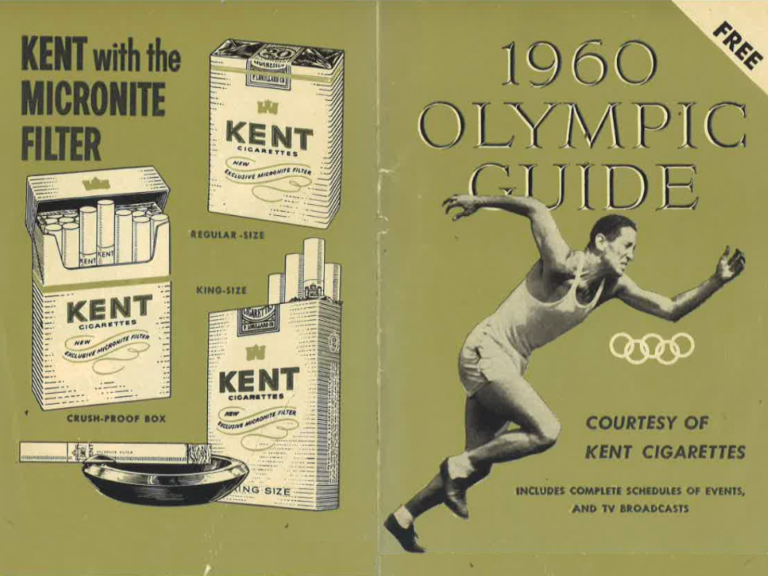According to researchers from the University of North Carolina Lineberger Comprehensive Cancer Center, pairing a newly developed gel with immunotherapy that was delivered to post-surgical mouse brains with glioblastoma improved the immunotherapy’s effectiveness.
These findings appeared Oct. 6, 2021 in Science Advances.
In this mouse study, the CAR T-cell gel was placed to fill in the area where a glioblastoma tumor had just been surgically removed. Previous studies have shown that administering T cells alone produces limited benefit.
“We developed a gel made of fibrin, a protein most often associated with helping blood to clot. Applying a gel substance to an area of the brain to aid CAR T-cell therapy is unique in glioblastoma treatment,” Edikan Ogunnaike, a biomedical engineer at UNC and first author of the article, said in a statement. “The gel aided CAR T-cell distribution in the brain by acclimating the T cells to the post-surgical wound environment while also stopping the tumor from recurring.”
The researchers used concentrations of human fibrinogen, a protein produced by the liver, which was transformed to fibrin with enzymes to develop a porous gel that was mixed with CAR T cells and placed in the post-surgical brain area.
The gel created web-like fibrin scaffolds in the brain, in which the CAR T cells uniformly enmeshed themselves into the pores of scaffolds. The scaffolds are biodegradable and do not cause inflammation, tissue death, or scarring.
Nine of 14 (64%) mice that received the gel and T cells were tumor free 94 days after treatment, compared to two of 10 (20%) mice who only received T cells. The researchers said if these findings can be replicated in human studies—they caution that many early laboratory findings don’t lead to clinical studies or new therapies—it would result in a great improvement in current treatment rates.
The investigators are currently looking at injecting CAR T cells to other parts of the brain. The process is being tested in pilot clinical studies to assess safety as well as to see if it elicits a greater distribution of CAR T cells.
“The gel might also allow for local delivery of other biological agents that could sustain T cell growth and counter suppression of an immunotherapy,” Ogunnaike said.








